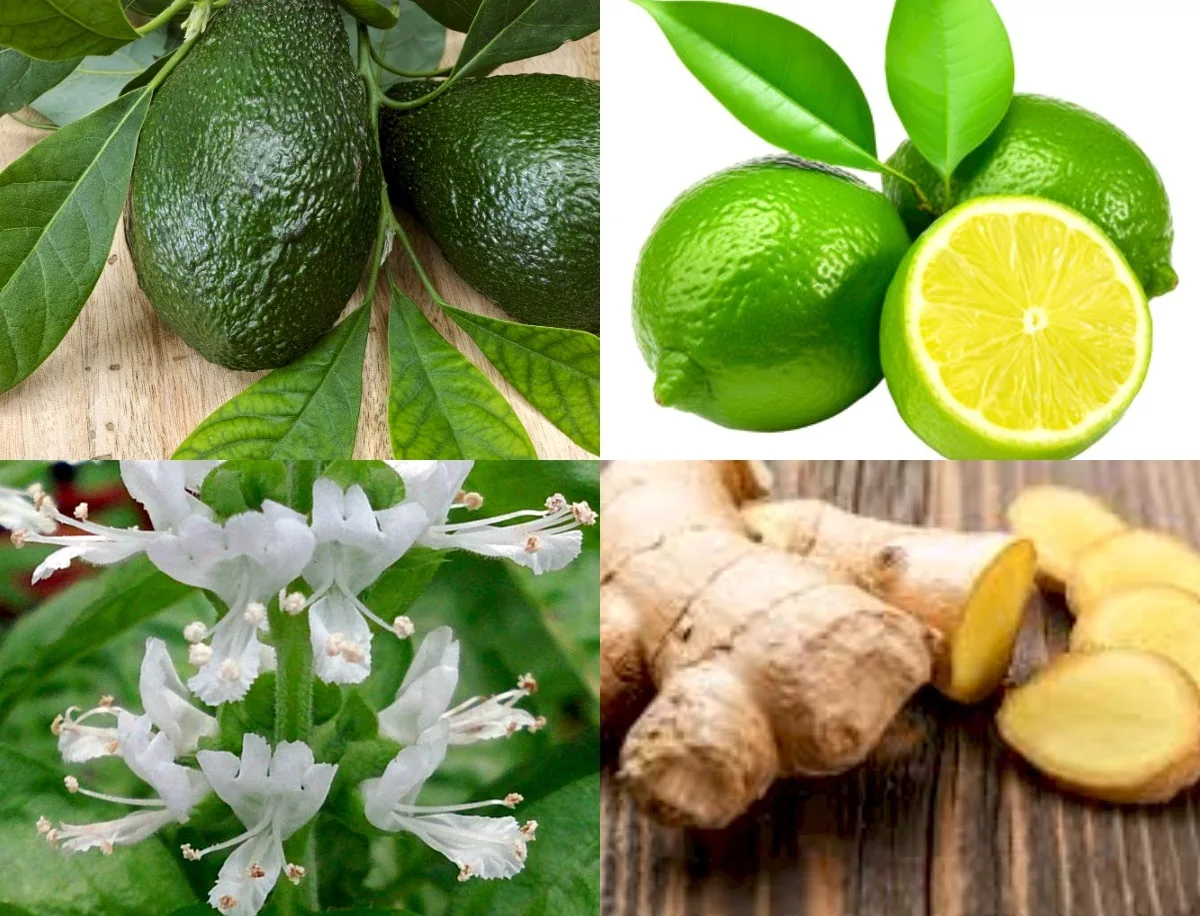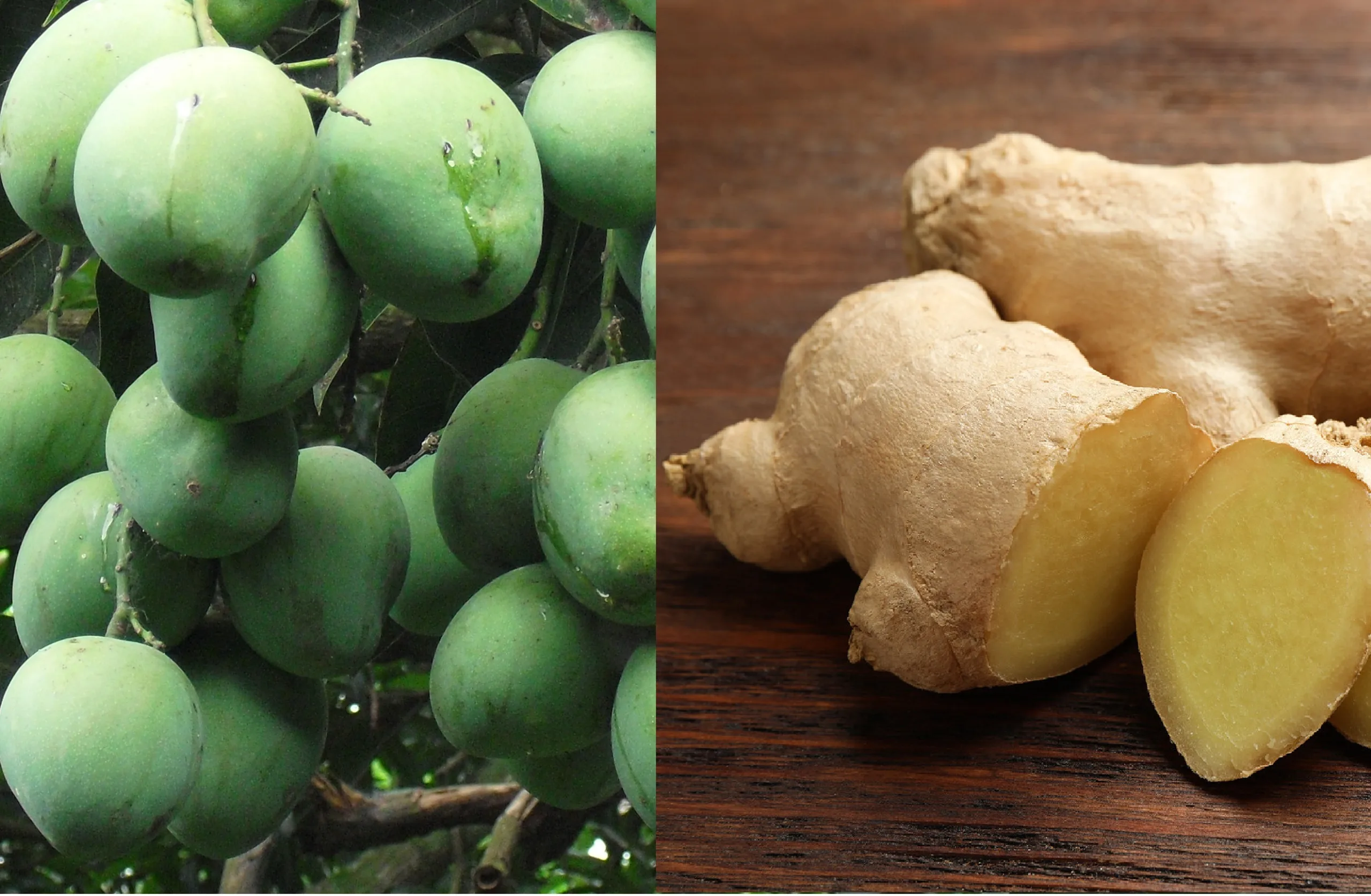Break Free from Infection: Herbal Treatments for Gonorrhea and More

Gonorrhea is a common sexually transmitted infection (STI) caused by the bacterium Neisseria gonorrhoeae. It primarily affects warm, moist areas of the body, including the urethra, throat, and reproductive organs.
Symptoms can appear within 2 to 14 days after exposure, but some individuals may remain asymptomatic. Common symptoms include painful urination, unusual discharge, and abdominal pain.
While conventional treatments often involve antibiotics, many people are exploring herbal remedies as complementary options for managing this infection and other related conditions such as pelvic inflammatory disease (PID), urinary tract infections (UTIs), and staphylococcus infections.
Understanding Gonorrhea and Its Symptoms
Gonorrhea can manifest in various ways, including:
- Discharge: Watery or creamy discharge from the vagina or pus-like discharge from the penis.
- Painful Urination: A burning sensation during urination.
- Abdominal Pain: Sharp pain in the lower abdomen, particularly around the fallopian tubes.
- Menstrual Irregularities: Heavier periods or spotting between periods.
- Pain During Intercourse: Discomfort or pain during sexual activity.
- Fever and Sore Throat: In some cases, a persistent sore throat may occur.
If left untreated, gonorrhea can lead to serious health complications, including infertility and increased susceptibility to other STIs.
Herbal Remedies for Gonorrhea and Related Conditions
While antibiotics are essential for treating gonorrhea effectively, certain herbs may provide supportive benefits. Here’s a look at some herbal ingredients that can be used in a remedy:
Ingredients:
- Ocimum gratissimum (Scent Leaf): Known for its antibacterial properties.
- Persea americana (Avocado Leaf): Contains antioxidants that may support overall health.
- Lime or Lemon: Rich in vitamin C and has antimicrobial properties.
- Ocimum americana (White Basil): Offers anti-inflammatory benefits.
- Turmeric: Contains curcumin, which has anti-inflammatory and antibacterial effects.
- Clove: Known for its antiseptic properties.
- Senna Leaf: Often used for digestive health but may also support detoxification.
Preparation:
- Rinse all ingredients thoroughly to remove any impurities.
- Place them in a pot with water and boil for about 40 minutes.
- After boiling, strain the mixture into a container for storage.
Dosage:
- Consume one cup of this herbal mixture twice daily—once in the morning before meals and once at night before bed. For optimal results, consider preparing larger quantities to ensure continuous use until symptoms improve.
Important Considerations
- Abstinence from Sexual Activity: It is crucial to refrain from sexual intercourse for at least two weeks to prevent reinfection.
- Partner Treatment: Ensure that your sexual partner also consumes this herbal remedy; otherwise, the infection may recur.
- Not Suitable for Everyone: This herbal mixture should not be taken by children or pregnant individuals without consulting a healthcare professional.
Additional Herbal Options
In addition to the above-mentioned herbs, other natural remedies have been suggested for managing gonorrhea symptoms:
- Garlic: Known for its antibacterial properties; it has been used traditionally to combat infections.
- Apple Cider Vinegar: Often touted for its antimicrobial effects; however, caution is advised due to its acidity which can irritate sensitive tissues.
- Echinacea: This herb may help boost the immune system and reduce inflammation associated with infections.
Conclusion
While herbal remedies can offer supportive care for conditions like gonorrhea and related infections, they should not replace conventional medical treatments. Antibiotics remain the most effective method for curing gonorrhea and preventing complications.
Always consult with a healthcare provider before starting any new treatment regimen, especially when dealing with STIs.
Incorporating these herbal remedies alongside prescribed treatments may enhance recovery and support overall health. By taking proactive measures—such as practicing safe sex and seeking timely medical advice—you can effectively manage your sexual health and well-being.

